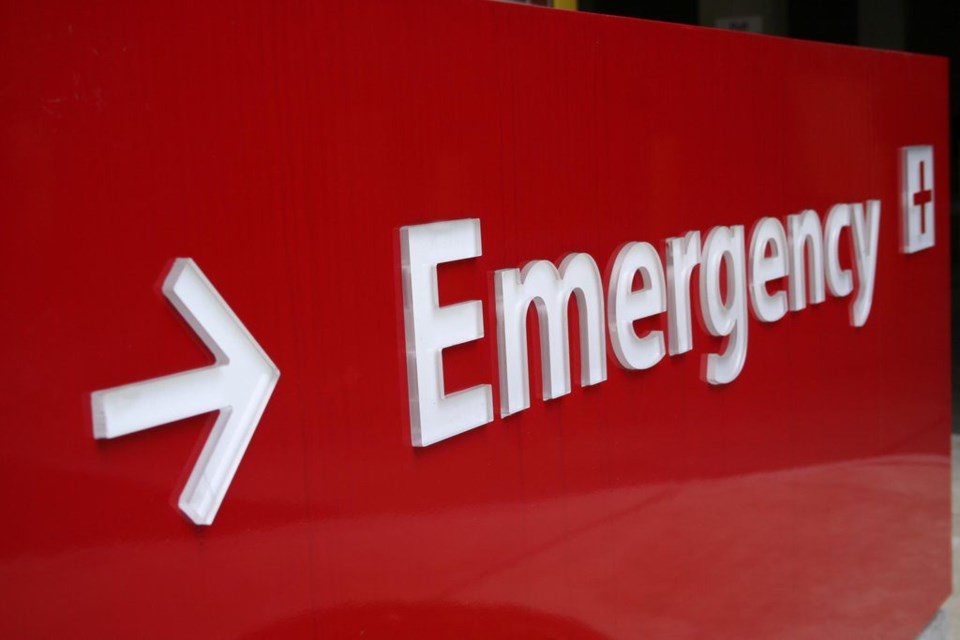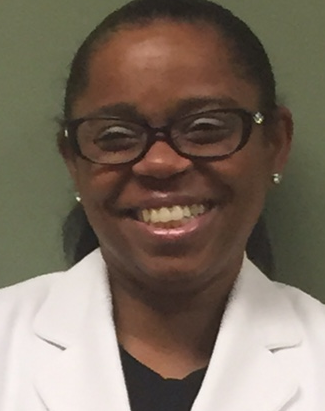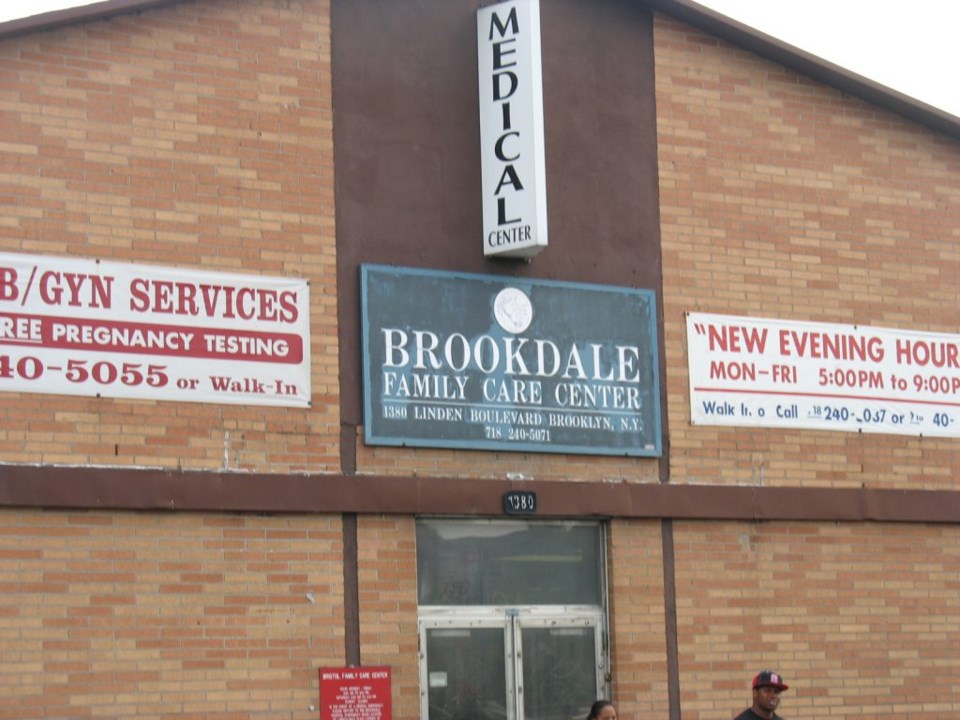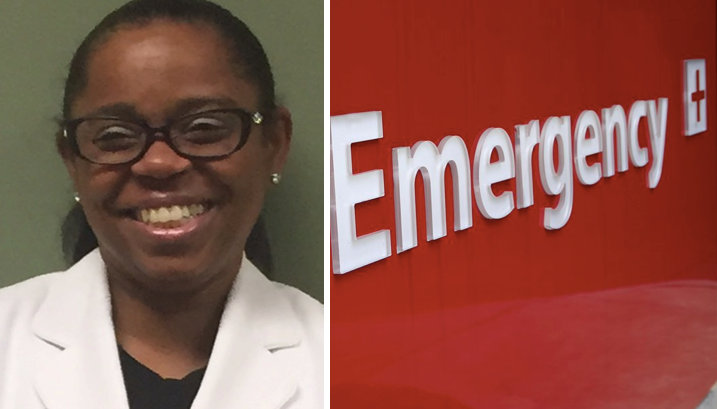 Healthcare in America recently has evolved from how we traditional understand it.
Healthcare in America recently has evolved from how we traditional understand it.
Ten years ago, a broken finger, a migraine headache, a wound or a terrible case of food poisoning would have sent the average resident running straight to the emergency room. Today, that has changed.
ke.

"It really leaves the emergency rooms to address what it is made to address, which is emergencies," said Denise Lear-Evans, vice president of Ambulatory Care & Outpatient Services at Brookdale University Hospital and Medical Center. "The emergency rooms had become a place where people received care all the time, and that's not actually what it's for."
Ambulatory care is like a hybrid between emergency care and going to a clinic, a family care center, or to see a primary care provider. Brookdale's ambulatory care center was established in 1971-- almost 45 years ago-- and has since expanded to oversee six centers around Brookdale's coverage area, each specializing in addressing a variety of specific needs, from OB-GYN, to internal medicine, to dental emergencies, to geriatric care and more.
"Customarily, we looked at healthcare from an in-patient, 'sick enough to go to the hospital' standpoint," said Lear-Evans. "But over the last ten years, it has shifted from in-patient care, to ambulatory and patient care, in order to track the ailments of the community, particularly among those who are underserved with core morbidity, such as hypertensions, diabetes, all of those disparities within our community.
"So the healthcare spectrum wants us to take care of the patient before they're in the hospital, and so the centers are really an extension of an ambulatory care setting."
In other words, hospitals like Brookdale are moving away from addressing a certain large quantity of patients to a more qualitative approach that considers the upward trends in ailments and the socio-economic factors that might contribute to those problems.
"And that's been our greatest challenge for [our area], because patient populations show different needs depending upon the demographic area we cover. Our patients are so sickly, so it requires you're not just looking at their physical ailments, you're also looking at their educational, psychological and socio-economic background, because it all impacts what patient care is and what the community can do for them," said Lear-Evans.
According to the NYC Department of Health data, Flatbush, Brownsville and East New York show high needs in the areas of OB-GYN, gastro-intestinal, cardiology, cancer and podiatry services, which go hand-in-hand with diabetes and core morbidity, said Lear-Evans.

"We also have a great oncology service—an area where we have put a lot of money, state of the art equipment, and a holistic approach to cancer care.," she said. "We're opening a suite catering to breast cancer to do reconstructive surgery."
She added, one of the benefits of President Barack Obama's healthcare reform (Affordable Care Act) is that a lot of patients who previously were not able to obtain care are now eligible for health subsidy programs that enable them to enroll in care. In this area, Brookdale has noticed a huge increase.
"People think they if they don't have a lot of money, they cannot have insurance or health care, and that's not really the case; there are subsidies through the state," said Lear-Evans.
"Call or come in to one of our urgent care centers; we have financial counselors on site who will work with you to see if you're eligible for subsidies, based on your income, but there's a bucket for everyone, and you will fit into one of our buckets.
"Today, there's essentially no reason why anyone would be turned away from healthcare."
For a list of Brookdale's family care centers, go here.




